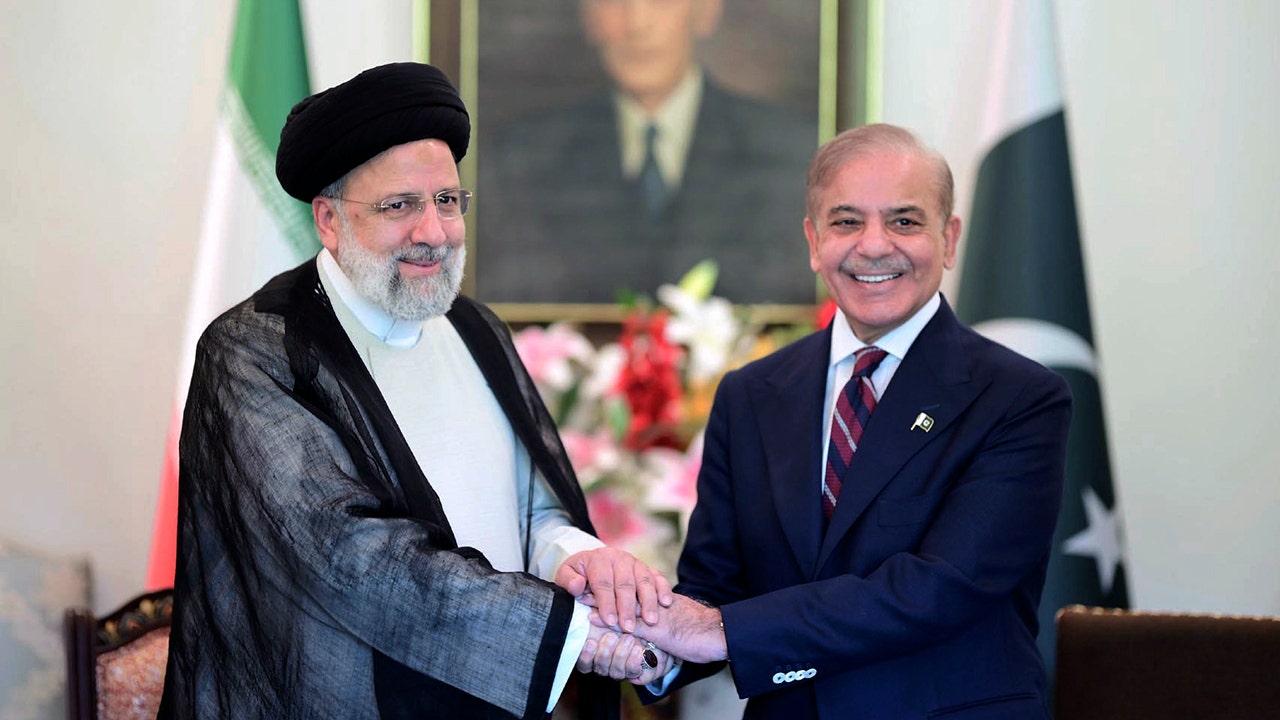The United Nations Security Council was expected to vote on Monday on a resolution brought by the United States calling for a cease-fire in Gaza.
The U.S.-led proposal “would bring about a full and immediate cease-fire with the release of hostages,” Nate Evans, a spokesman for the U.S. mission to the United Nations, said in a statement on Sunday. President Biden last month endorsed the proposal, which he said had been offered by Israel, “and the Security Council has an opportunity to speak with one voice and call on Hamas to do the same,” Mr. Evans added.
A vote was scheduled for 3 p.m. Eastern. Even if the resolution passes, there was no indication that it would persuade Israel or Hamas to move forward with the cease-fire proposal.
The three-phase plan would begin with an immediate, temporary cease-fire and work toward a permanent end to the war and the reconstruction of Gaza. Mr. Biden said Israel had put forward the plan, and Hamas has signaled it is open to the terms he laid out, but neither side has said definitively that it would accept or reject the plan.
One major sticking point is whether a deal would allow Hamas to remain in control of Gaza — a scenario that Prime Minister Benjamin Netanyahu of Israel has described as a red line.
Another issue concerns the precise timing and logistics of a cease-fire. Mr. Netanyahu has said that Israel will fight until Hamas’s governing and military capabilities are destroyed. But Hamas has made any progress on a hostage deal conditional on an Israeli commitment for a permanent cease-fire and the full withdrawal of its troops from Gaza.
On Sunday, a new development in Israel’s domestic politics — the departure of a centrist party from Mr. Netanyahu’s emergency wartime cabinet — seemed likely to complicate the cease-fire negotiations.
The centrist party’s leader, Benny Gantz, has boosted the international credibility of Mr. Netanyahu’s government. Mr. Gantz has called for a cease-fire deal and pushed for an administrative body — backed by Americans, Europeans, Palestinians and other Arabs — to oversee civilian affairs in postwar Gaza. Analysts say Mr. Gantz’s departure could embolden far-right partners in Mr. Netanyahu’s governing coalition who have threatened to bring down the government if he moves forward with the latest proposal.
The U.S. mission’s statement on Sunday alluded to Gaza’s postwar future by saying that the cease-fire deal would lead to “a road map for ending the crisis altogether and a multiyear internationally backed reconstruction plan.” The statement did not provide further details or explain how Mr. Blinken plans to sell the plan to Israel and other parties in the region during his three-day trip to the Middle East, which began on Monday.
The politics of hammering out a realistic cease-fire deal are extraordinarily complex. One major obstacle has been the United States, a permanent member of the Security Council. It has vetoed three cease-fire resolutions since the war in Gaza began last October.
Last month, a U.S. official said that the United States also planned to block a draft resolution from Algeria that described Israel as an “occupying power” in Gaza and called for an immediate stop to the Israeli military offensive in the city of Rafah.
Edward Wong and Michael Crowley contributed reporting.






